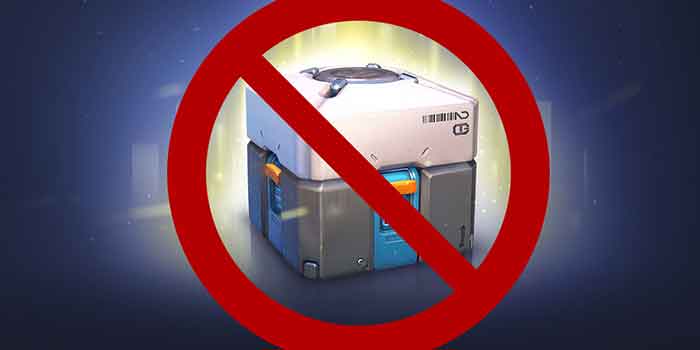Members of Parliament in the United Kingdom have called for the country’s government to regulate the video game industry’s use of loot boxes. The MPs are calling for a blanket ban on the sale of loot boxes in video games to players who are children. According to them, the model that should be used should allow children to earn in-game credits that will allow them to unlock loot boxes – obviously, this will definitely not resonate well with many of the video game publishers that have recently made the loot boxes an integral part of their video game offerings.
Following a recent inquiry into the immersive and addictive technologies associated with video games that involved taking evidence form a number of publishers including Snapchap and Epic Games, the Department for Digital, Culture, Media and Sport’s (DCMS) parliamentary committee was able to make some recommendations. These recommendations were published in a report that detailed their findings.
For instance, the parliamentary committer revealed that it had discovered that some representatives from the video game industry were not honest and transparent when answering questions pertaining to their offerings. Some of the representatives were also “willfully obtuse” when providing answers to questions about typical patterns of play.
However, the most notable pieces of evidence revolved around the huge sums of money that the players had reportedly spent on some of the video games in question. For instance, one game is said to have spent up to £1,000 per year on loot box mechanics in FIFA, one of the most popular video games in the United Kingdom. In another case, a player built up over £50,000 in debts by spending on microtransactions that are available in online game RuneScape
The Potential Solutions
To curb the issue, the Members of Parliament are not only hoping to have gambling laws extended to apply to the loot box mechanic but are also calling for the video game publishers to take up responsibility and introduce measures to protect the players from potential harms.
“Loot boxes are particularly lucrative for games companies but come at a high cost, particularly for problem gamblers, while exposing children to potential harm,” said DCMS committee chair, Damian Collins.
One of the solutions that the MPs are calling for is the creation of robust age verification in order to keep children off some of the age-restricted games and gaming platforms. This will, of course, seek to deal with the inconsistencies in the game industry’s ‘age-ratings’ which stem from ambiguities in self-regulation in as far as the distribution of games is concerned.



